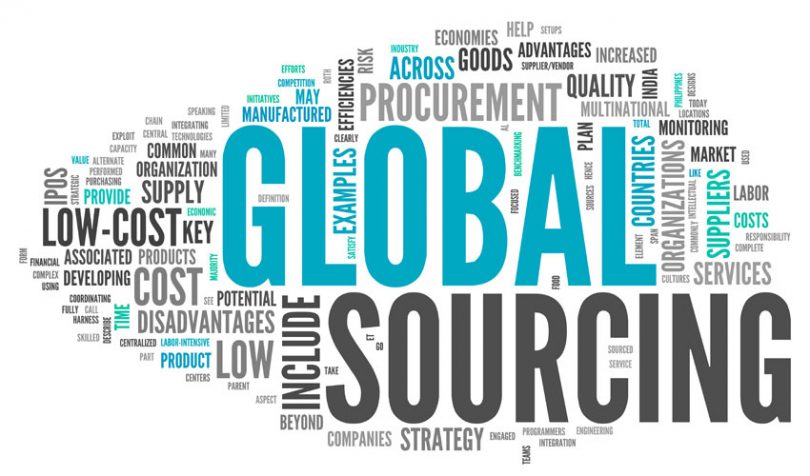Today the Asian Development Bank published a paper exploring the possibility of a blockchain based e-Government procurement (e-GP) platform. The report was co-authored by a World Bank staffer, S.M. Quamrul Hasan. While more than 200 countries already have electronic procurement systems in place, these are siloed. The aim is for governments to share data about suppliers.
For example, there could be a global database of suppliers and a shared authenticated log of work experience certificates. Across the world that’s likely to involve millions of companies. Suppliers could be keen on the idea because they could potentially win work from neighboring governments.
Additionally, banks could integrate with the single blockchain platform and provide proof of Performance Bank Guarantees on behalf of a supplier.
The paper suggests it will be a public blockchain but a standalone one with no remuneration for miners. Instead, stakeholders would act as voluntary miners and others could volunteer to host nodes. Transactions costs would be close to zero.
The blockchain would need to integrate with existing e-GP platforms. And all participants would be required to adopt a standard approach for the network to work. It was suggested that the Open Contracting Data Standard could converge with the e-GP blockchain initiative.
It’s envisioned that a central player would need to build the software and manage and maintain the network. However, the topic of governance is one of the three next steps. The others are to gain funding and prepare a pilot.
Similar ideas
When Ledger Insights interviewed Novartis, they spoke about similar ideas but at the pharmaceutical industry level. Pharma companies audit their suppliers, but many suppliers work for multiple pharmaceutical companies and hence have to go through many audits.
“We are reliant on a number of suppliers of course. And we want to ensure that the labor practices, that the environmental practices, the quality standards and things like this for all our suppliers, and our suppliers’ suppliers in a multi-tier supplier network are meeting our standards. It’s hard to create this transparency when you have to rely on your own audits,” said Daniel Fritz of Novartis.






